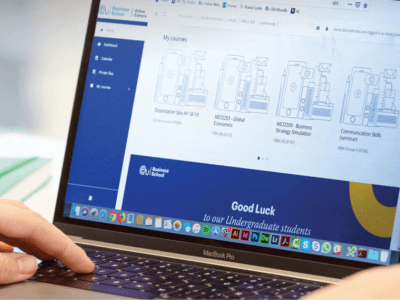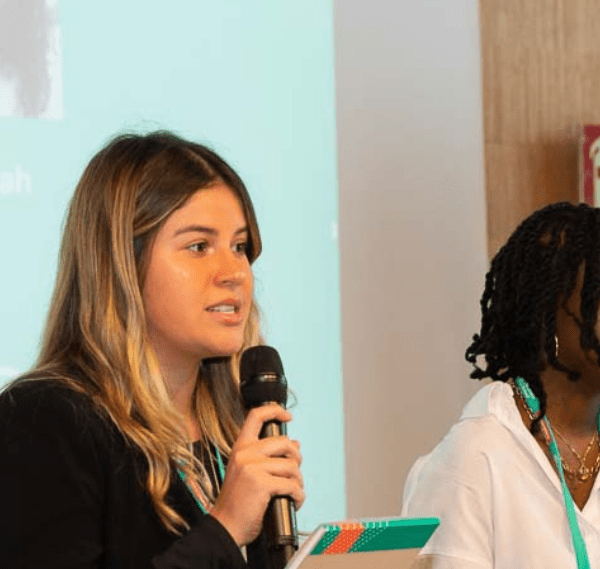The Shift to Remote Work: How Working Mums Are Adapting During COVID-19
The COVID-19 pandemic has affected nearly everyone’s life in some way. Nowhere is this more apparent than in the transition that millions of women have had to make from office work to remote work while looking after young children.
In this post, we’re going to look at five ways mothers have managed the shift from
1. Addressing Ongoing Challenges
Most mothers are responsible for the bulk of childcare tasks, as opposed to fathers. A study conducted by the Office for National Statistics (ONS) found that mothers spent an average of three hours and 32 minutes on childcare, while fathers only spent two hours and 25 minutes on the same tasks.
One of the positive outcomes of the pandemic is that it has highlighted the divide between genders when it comes to childcare and triggered a broader discussion.
Caroline Millar, a PhD student at Queen’s University in Belfast who has studied maternity, parenthood and gender discrimination extensively, said, “We need to determinedly resist propagating such stereotypes at this pivotal moment, so all home-based working parents participate in care whilst maintaining their respective obligations to their employer as far as possible.”
2. Focusing on Mental Health
Mental health has been an ever-present topic throughout the pandemic. A large number of people, confined to their homes and often alone, have found themselves struggling. While the answers to many questions remain unclear, various studies have pointed towards the adverse mental health outcomes of sustained lockdowns.
Nowhere is this more apparent than among working mothers, who have to balance a wide range of tasks and are often left with little or no time for self-care. As a result, several initiatives advocating mental health for working parents have emerged. And employers have sought to offer support, through flexible working hours, technological solutions, mental health support packages and more, to members of their workforce dealing with these issues.
Ariane Audet, who runs a non-profit organization that helps new mothers navigate the postpartum period, was interviewed in the Independent: “My family is diving into this pandemic WWII style, while middle-aged white men are playing golf in groups of eight next door. Sharing carts and chest bumps. I’m anxiously waiting for the state to shutdown. I’m anxiously waiting, point. What does it have to do with (faces of) postpartum? Nothing. And everything.”
Talking about her renewed focus on self-care activities like reading and sharing her stories with other mothers, she summed up her experience as follows: “A feeble but stubborn attempt to climb out of darkness, grab that darn buoy, and make my way back to shore.”
3. Balancing Homeschooling and Work
Working mothers’ core problem is epitomised by the need to manage a full-time job while homeschooling their children. For older children that have moved to online lessons run by schools, this isn’t an issue. But for younger children that attended nurseries and pre-schools and require real human interaction, there are few other options.
This balancing act isn’t always easy. Indeed, it’s often proved impossible. Talking to the Big Issue, businesswoman Gemma Whates said, “It’s an impossible choice between your child’s education and your business.” She went on to say, “I don’t want my children’s education to suffer because I can’t commit to homeschooling them fully, but equally, I need my business to survive the pandemic.”
Support packages from employers and sharing parental responsibilities with spouses have helped somewhat. But in many cases, integrating both sets of responsibilities has been untenable in the long-term.
4. Accepting Necessary Sacrifices
According to a study by the charity Pregnant Then Screwed, more than half of mothers feel that lockdowns have negatively affected their career choices during the pandemic. While government and employer initiatives, such as furlough, paid leave and flexible or reduced working hours have helped overcome these issues to an extent, not all working mothers have had access to the support they need.
Mandy Garner, who works for the site Workingmums, described the situation to People Management: “Even parents who are able to work around their toddlers’ sleep times are struggling and exhausted, burning the midnight oil and getting up early.”
5. Recognizing New Opportunities
Although many working parents are struggling, many have also found that their lives have improved due to lockdowns and a greater willingness on the part of businesses to allow employees to work from home.
Some mothers have found that they have more time, for example, because they no longer need to undertake lengthy commutes to work. And employer support initiatives, such as options for more flexible working hours, have also been beneficial.
Rebecca Green, a civil servant, said that the COVID-19 pandemic has meant she can manage both work and childcare more effectively because of the opportunity to work from home. She said to the BBC, “It would have been difficult to fit getting Bethan to nursery and me to work, on time. Working from home has made it easier for sure.”
Are You Excited By the Prospect of a Career in Business?
The job market is already undergoing significant changes. And these shifts will continue to shape the corporate space long after the COVID-19 pandemic has passed.
A degree in business will enable you to take advantage of many of the new opportunities that will inevitably arise in the “new normal” while also allowing you to build a flexible career on your own terms.
If you are excited by the prospect of a business career, take a look at the programs on offer from EU Business School. We offer an array of Bachelor’s, Master’s and MBA degrees, along with several foundation courses. We also have campuses in leading European business hubs, including Barcelona, Geneva and Munich.










